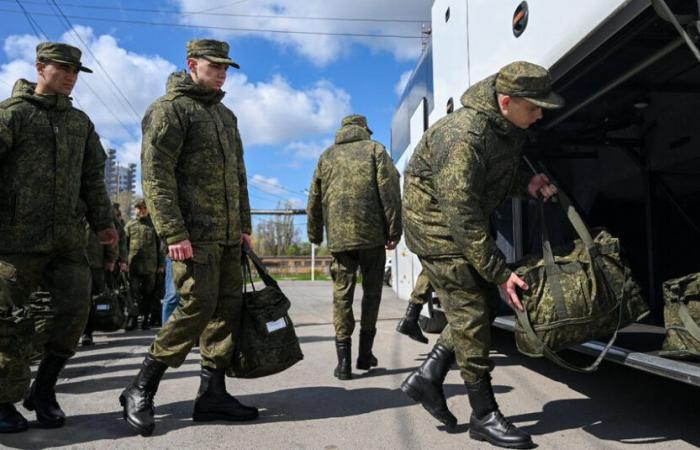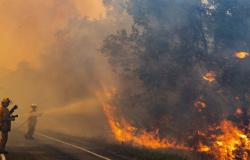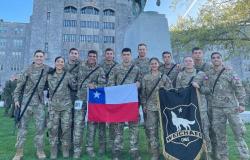Anna Tsivilyva, Vice Minister of Defense and cousin of President Vladimir Putin, told the state Duma last November that 48,000 relatives of disappeared had sent DNA samples in the hope of identifying remains, although that included some duplicate requests of the same family.
In Ukraine, a government project called “I want to find”, to help locate Russian military captured or dead there, he said he had received more than 88,000 information requests, more than 9000 only in April. He pointed out that the total number of disappeared is still unknown.
The International Red Cross Committee, which tries to locate the disappeared from both sides, civil or military, has 110,000 cases presented.
Isakhanov Ravan’s family, 25 -year -old soldier, received a brief voice message on November 9. During a battle shortly after, his aunt said, he informed his commander that he could not contain the bleeding of a serious injury. Since then nothing is known about him.
“No one saw him dead,” said his aunt, who, like several people who appear in this article, did not want to give his name for fear of violating the laws that prohibit detailing the casualties on the battlefield. “Maybe it was saved, maybe someone found him, we continue to cling to the hope that he is alive,” he said. “There is no peace for the soul. I can’t sleep at night, nor his parents.”






